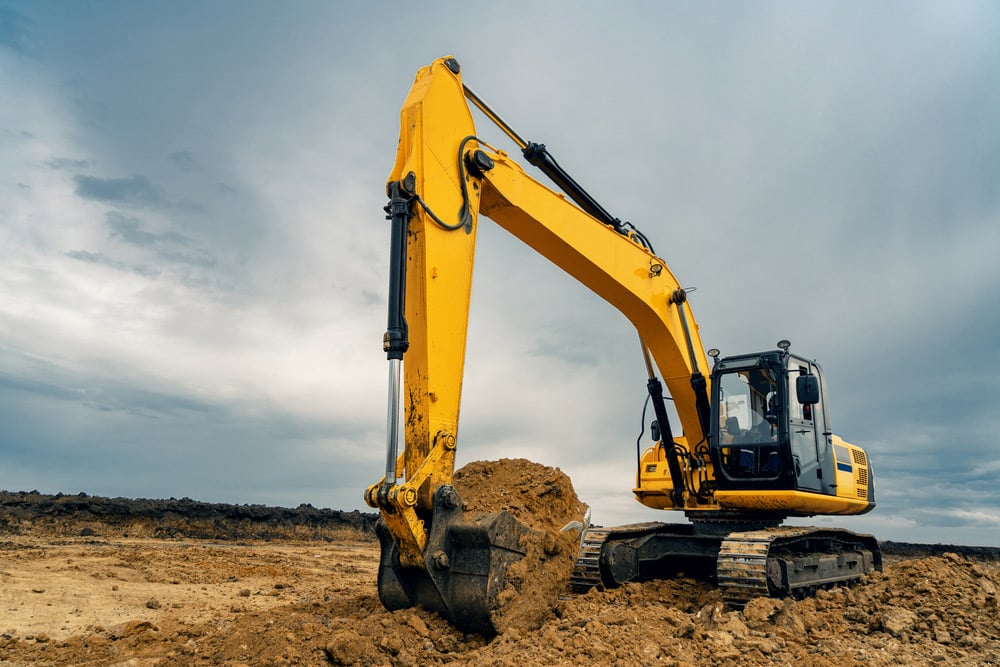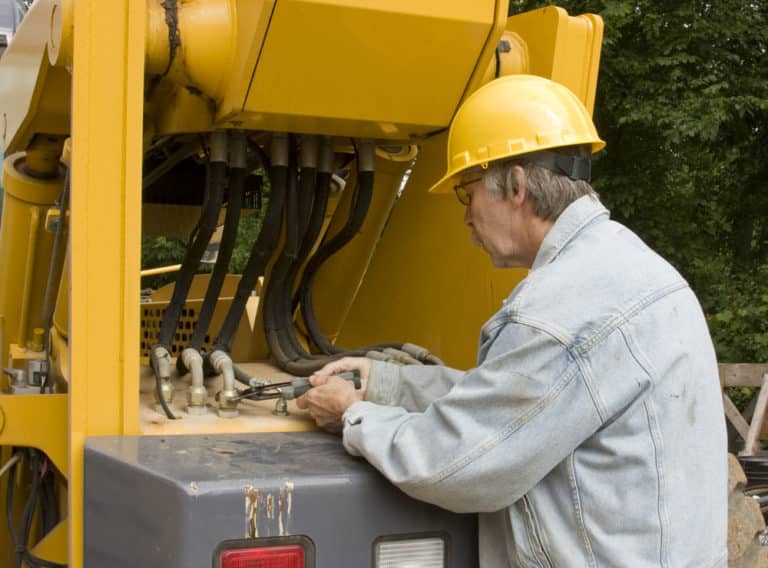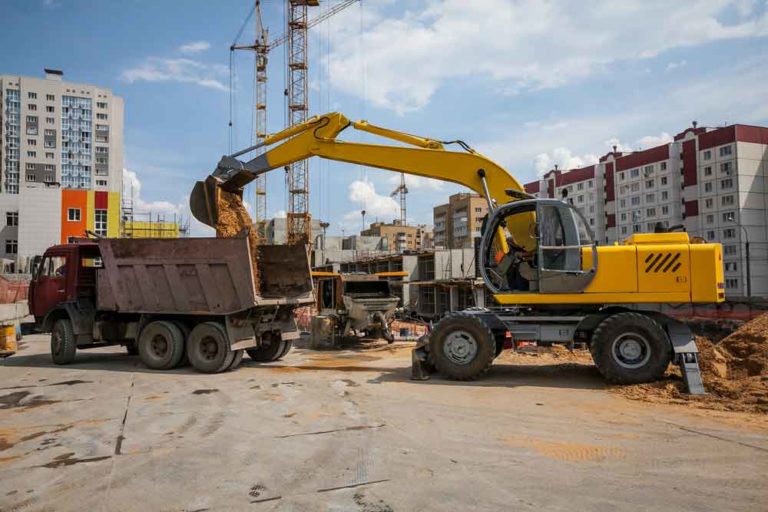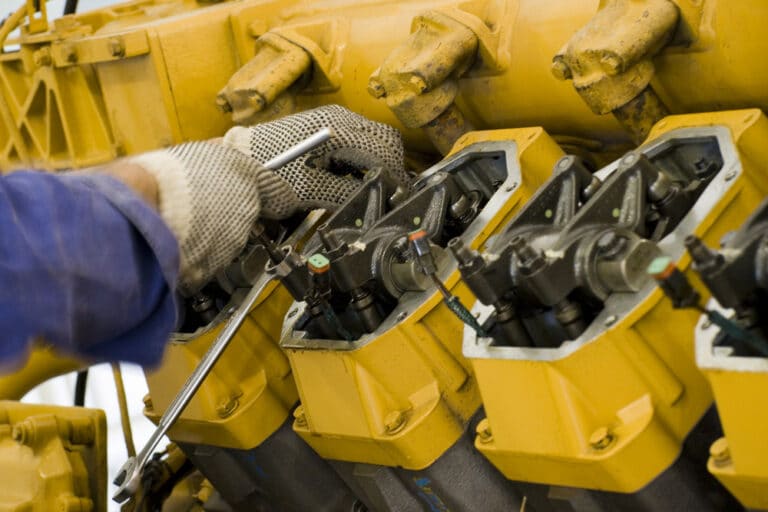In the world of heavy machinery, your cooling systems are an important component that ensures equipment performance and longevity. This article provides a comprehensive understanding of heavy equipment cooling systems, offering in-depth insights and practical tips on machinery repair and maintenance.
The Science Behind Cooling Systems
Heavy machinery, by its very nature, generates a significant amount of heat. The cooling system manages this heat, preventing potential damage and maintaining the machinery’s performance. Here’s how it works:
- Heat Generation: The engine, hydraulic systems and other components of heavy machinery generate heat during operation. This heat, if not managed, can lead to overheating and damage.
- Heat Dissipation: The cooling system dissipates this heat, primarily through the radiator. The coolant absorbs the heat from the engine and transports it to the radiator, where it is dissipated into the atmosphere.
- Temperature Regulation: By dissipating heat, the cooling system maintains the engine and other components at an optimal operating temperature. This temperature regulation ensures that the machinery operates at peak performance and extends its lifespan.
In-Depth Cooling System Maintenance Tips
Maintaining the cooling system of your heavy equipment is a critical aspect of machinery maintenance. Here are some detailed tips to ensure your machinery remains in top condition:
Regular Inspection
Regular inspections are the first line of defence in identifying potential issues before they escalate. Inspect the radiator for signs of damage, such as cracks or corrosion. Check the hoses for leaks or signs of wear and tear. Monitor the coolant level regularly and top it up if necessary.
Clean The Radiator
Cleaning the radiator is a crucial yet often overlooked aspect of machinery maintenance. Dust, debris and other contaminants can clog the radiator fins, hindering their ability to dissipate heat effectively. Use a soft brush or compressed air to clean the radiator regularly, ensuring it remains free from obstructions.
Use The Right Coolant
Using the right coolant is essential for the health of your cooling system. Different machinery may require different types of coolant and using the wrong one can cause issues such as corrosion, cavitation and coolant degradation. Always refer to the manufacturer’s guidelines when choosing a coolant.
Regular Coolant Changes
Regular coolant changes are necessary to maintain the effectiveness of the cooling system. Over time, coolant can degrade and lose its ability to absorb and dissipate heat efficiently. It can also become contaminated with dirt and debris, which can cause blockages. Regular coolant changes, as per the manufacturer’s guidelines, can prevent these issues.
Recognising The Need For Professional Machinery Repair
While regular maintenance can prevent many issues, there may be times when professional machinery repair is necessary. If you notice any of the following, it’s time to seek professional help:
- Frequent Overheating: If your machinery is frequently overheating, even with a full coolant level, it could indicate a problem with the cooling system, such as a faulty thermostat or water pump.
- Leaking Coolant: Leaks can lead to a low coolant level, which can cause overheating and damage to the engine. Leaks can occur in the radiator, hoses or other components of the cooling system.
- Poor Performance: If your machinery is not performing as it should, it could be due to an issue with the cooling system. For example, a clogged radiator can prevent heat dissipation, leading to overheating and reduced performance.
Need Professional Assistance?
Don’t let minor issues escalate into costly repairs and downtime. Your machinery deserves the best care, and we’re here to provide it. Reach out to MDD Heavy Industries today and we’ll ensure your heavy equipment continues to operate at peak performance.









